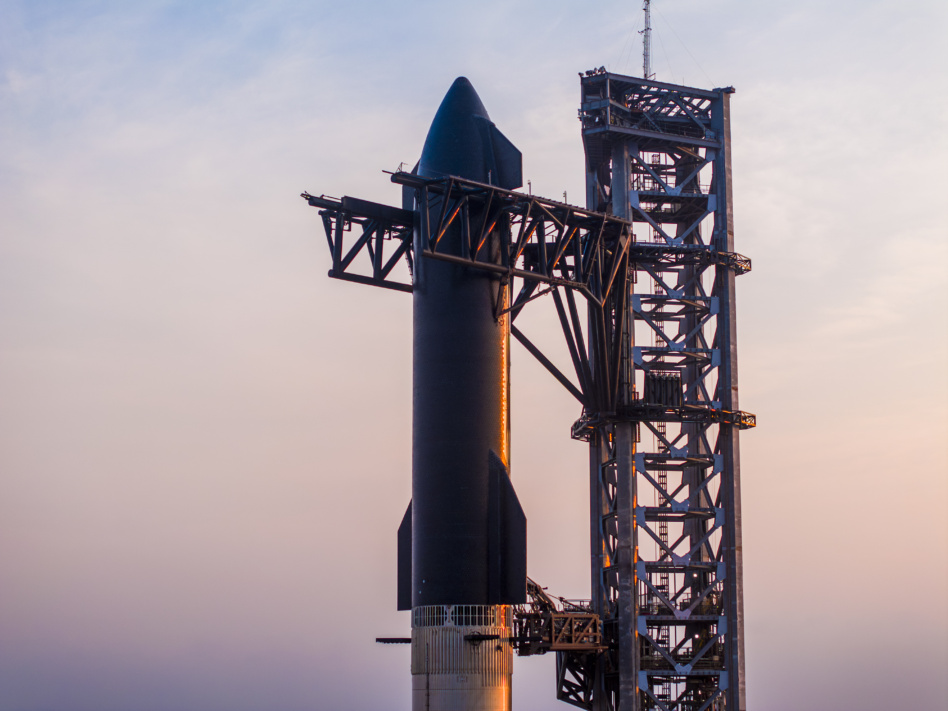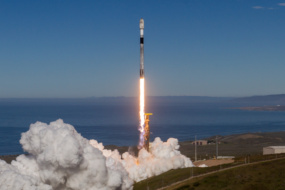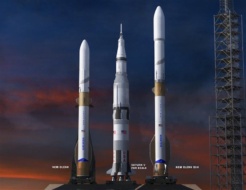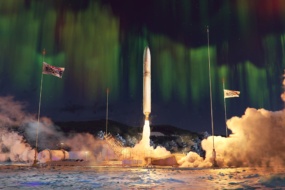There was no shortage of launch news in 2024. From the debut of new rockets to the retirement of old workhorses, from leadership changes at some startups to others pivoting away from the launch industry all together, it was a year filled with shakeups in how platforms get to space.
Here are five of our top launch stories for the year:
SpaceX Catches Starship Booster In Historic First: SpaceX nailed the first attempted catch of a Super Heavy booster, paving the way to Starship reusability. The booster’s engines relit, gradually slowing it down as it approached the launch tower. It then hovered next to the tower as the two chopsticks, dubbed Mechazilla, closed around the booster to catch it, sparking loud applause from SpaceX staff.
Nifty Fifty: How Rocket Lab’s Electron Set A New Speed Record: Rocket Lab’s Electron rocket marked its 50th launch today after seven years and one month in service, a new record for a commercial launch vehicle hitting that mark. It eclipsed the previous record set by SpaceX’s Falcon 9, which took just under seven years and nine months to hit that pace.
Ariane 6 Debut Restores Europe’s Independent Access to Space: The flight achieved a number of important milestones, including restoring Europe’s independent access to space and preparing to launch commercial ops soon, but it wasn’t all good news. Its Vinci upper stage experienced a minor malfunction at the end of the mission, which prevented the completion of a deorbit maneuver.
Vulcan Makes its Debut: After nearly a decade of development, ULA’s Vulcan rocket finally launched. It’s the first new rocket developed by ULA since the company’s birth as a joint venture of Lockheed Martin ($LMT) and Boeing’s ($BA) rocket divisions in 2014.
Exolaunch Replaces CEO-Founder With CTO Robert Sproles: By the end of the year, the company expects to have flown its 500th spacecraft since being founded in 2011.That’s a surprising outcome for a company that has never raised money, was founded by an academic, and managed to pivot out of a strategic partnership with Russia’s space agency after the invasion of Ukraine, going on to become a favorite partner of American satellite operators, including those that work with the US DoD.




